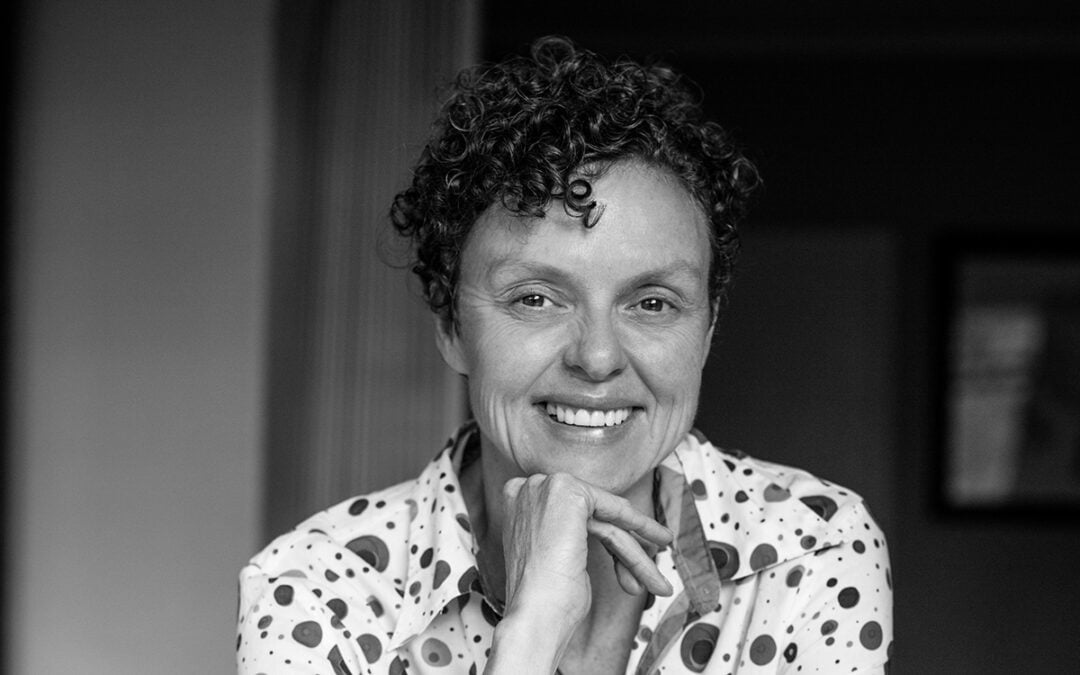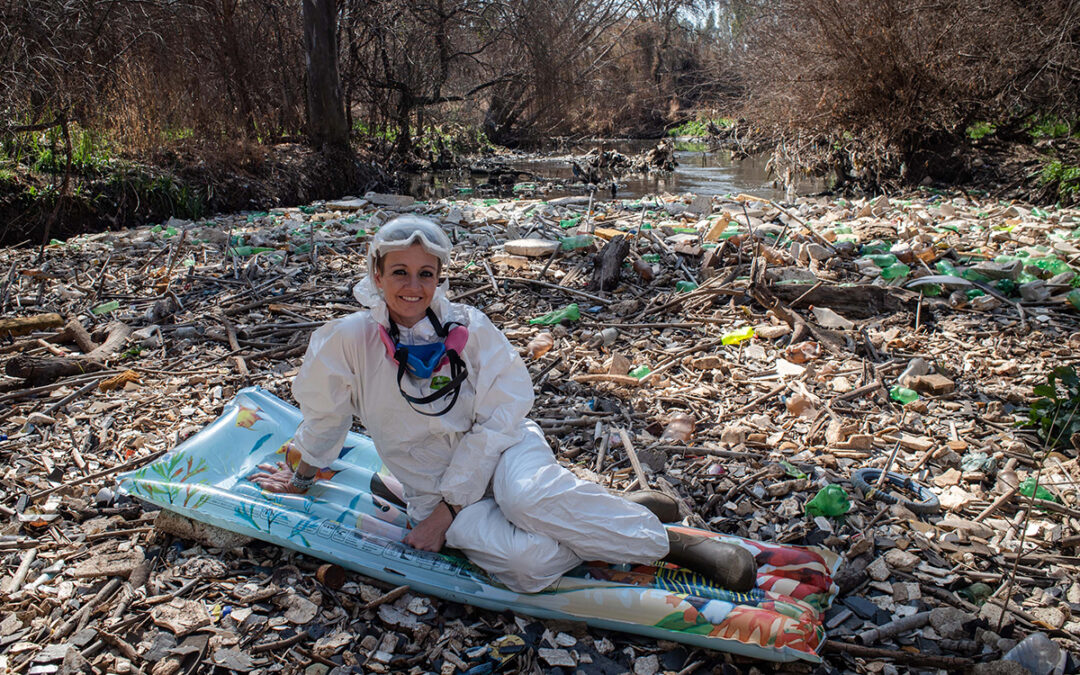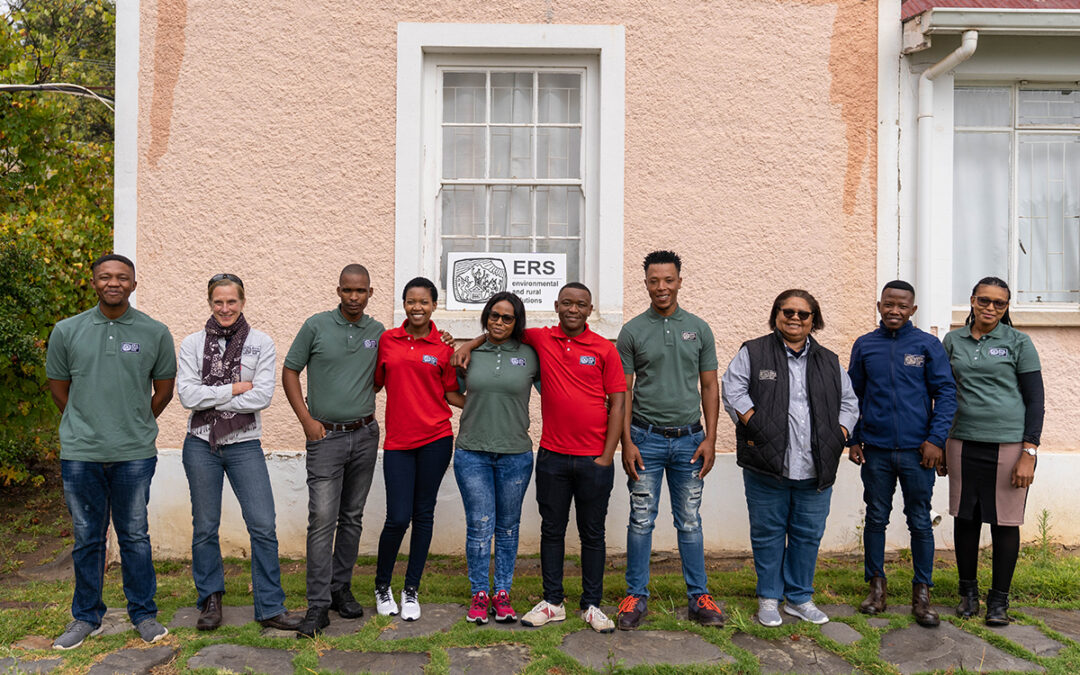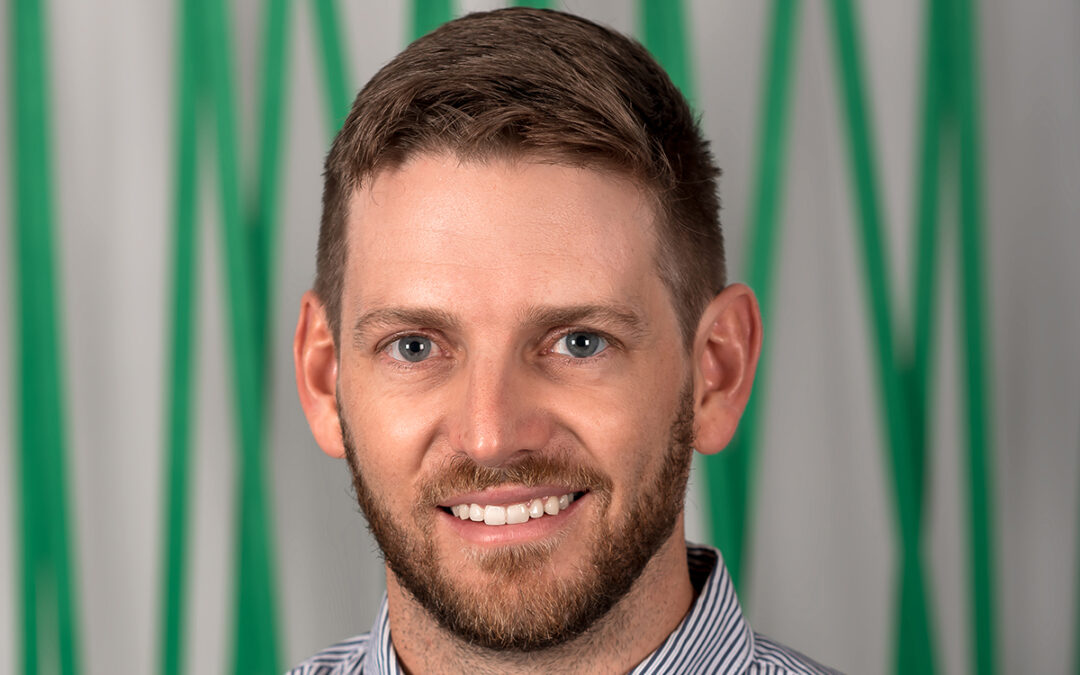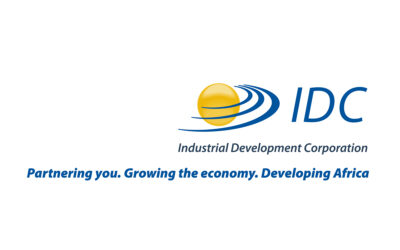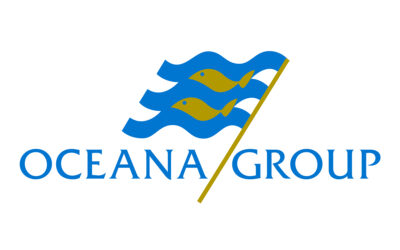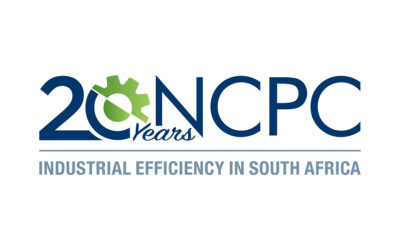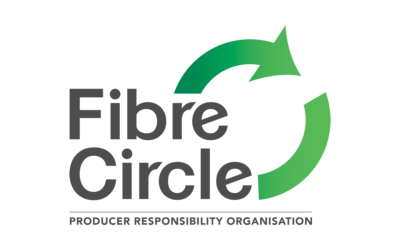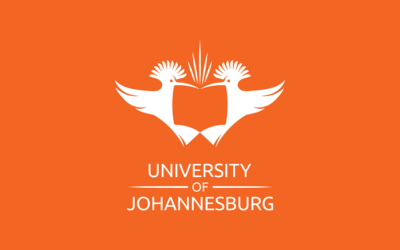All Capetonians remember the near-catastrophic events of the narrowly avoided “Day Zero” in 2018. But what did we learn from the crisis?
“We went through a drought, which sounds obvious,” says Kevin Winter, senior lecturer in the department of environmental and geographical science at the University of Cape Town. “However, we don’t know how much of it was caused by climate change. What we do know is that we have seen significant well-below-average rainfall. If we look at the records, our current worry is that the intervals between droughts may be becoming shorter, which could be catastrophic.”
On top of lecturing, Winter is pioneering some pretty impressive work with The Water Hub. Situated in Franschhoek, the Water Hub is a research and demonstration site founded in 2017 with the support of the Western Cape government and Stellenbosch Local Municipality.
Treatment of contaminated water to make it potable is typically done using chemicals, however, Winter and his team have found natural solutions that work just as well, such as stone aggregates and peach pips. As research thrives, so has The Water Hub: “We now have a community food garden and an aquaponics project for fish.”
When asked what the most looming environmental issue facing us as a society is, Winter maintains that it is poverty and inequality. He posits that what is at stake is not only our natural habitat, but also human dignity. “Poverty, especially in growing urban areas, entrenches people in unacceptable systems that limit education, experiences and opportunities to experience nature.”
As he works towards a better world for all, Winter acknowledges that many of the solutions can be unlocked by examining the world around us — a point he has proven time and again through his work with The Water Hub. “I am constantly surprised by nature and learning from nature,” he says.
When asked what is the most looming environmental issue facing us as a society, Winter maintains that it is poverty and inequality.

